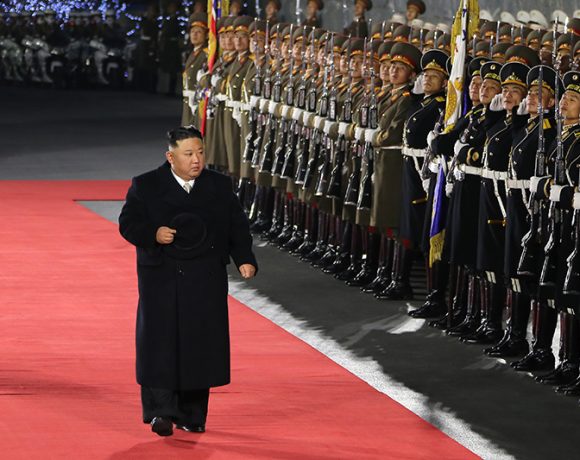
US Accuses DeepSeek of Aiding Chinese Military, Dodging Chip Ban
The United States has accused Chinese AI startup DeepSeek of covertly supporting Beijing’s military and intelligence apparatus while evading strict export controls on advanced semiconductors. The allegations have intensified ongoing tensions between Washington and Beijing over the use of artificial intelligence and high-performance computing in national security contexts.
Military Links and AI Surveillance Concerns
According to U.S. officials, DeepSeek has reportedly provided technical support to the Chinese military, including through AI model development and data processing capabilities. Its tools have allegedly been referenced in over 150 procurement documents tied to the People’s Liberation Army, indicating possible direct integration into military workflows.
Further concerns have emerged over the company’s handling of user data, with claims that DeepSeek’s platforms may share information with Chinese state-linked surveillance networks. These developments have triggered alarms in Washington over the potential misuse of civilian AI tools for authoritarian control and warfare applications.
Export Control Violations
In a parallel set of allegations, the U.S. claims that DeepSeek circumvented chip export restrictions by acquiring Nvidia’s high-end H100 GPUs—banned from shipment to China—using front companies and shell entities based in Southeast Asia. Some chips were reportedly accessed remotely through foreign data centers to bypass physical export limitations.
While Nvidia maintains that it sold H800 chips to DeepSeek, which are permitted under U.S. guidelines, officials are now scrutinizing whether the firm exploited technical loopholes to access more powerful hardware. The H100 chips are considered critical for training large language models and advanced machine-learning systems with military applications.
Potential Policy Response
Although DeepSeek has not been officially blacklisted, U.S. authorities are reportedly weighing sanctions and may consider adding the company to the Entity List. This would bar it from accessing American technology and cloud-based infrastructure, further tightening the grip on Chinese AI ventures deemed to pose national security risks.
The case also raises broader questions about the effectiveness of current export enforcement mechanisms. Despite restrictions, American-designed hardware and software continue to fuel AI development in China through indirect channels and overseas partnerships.


















